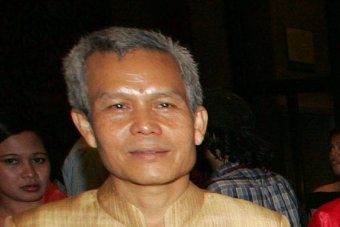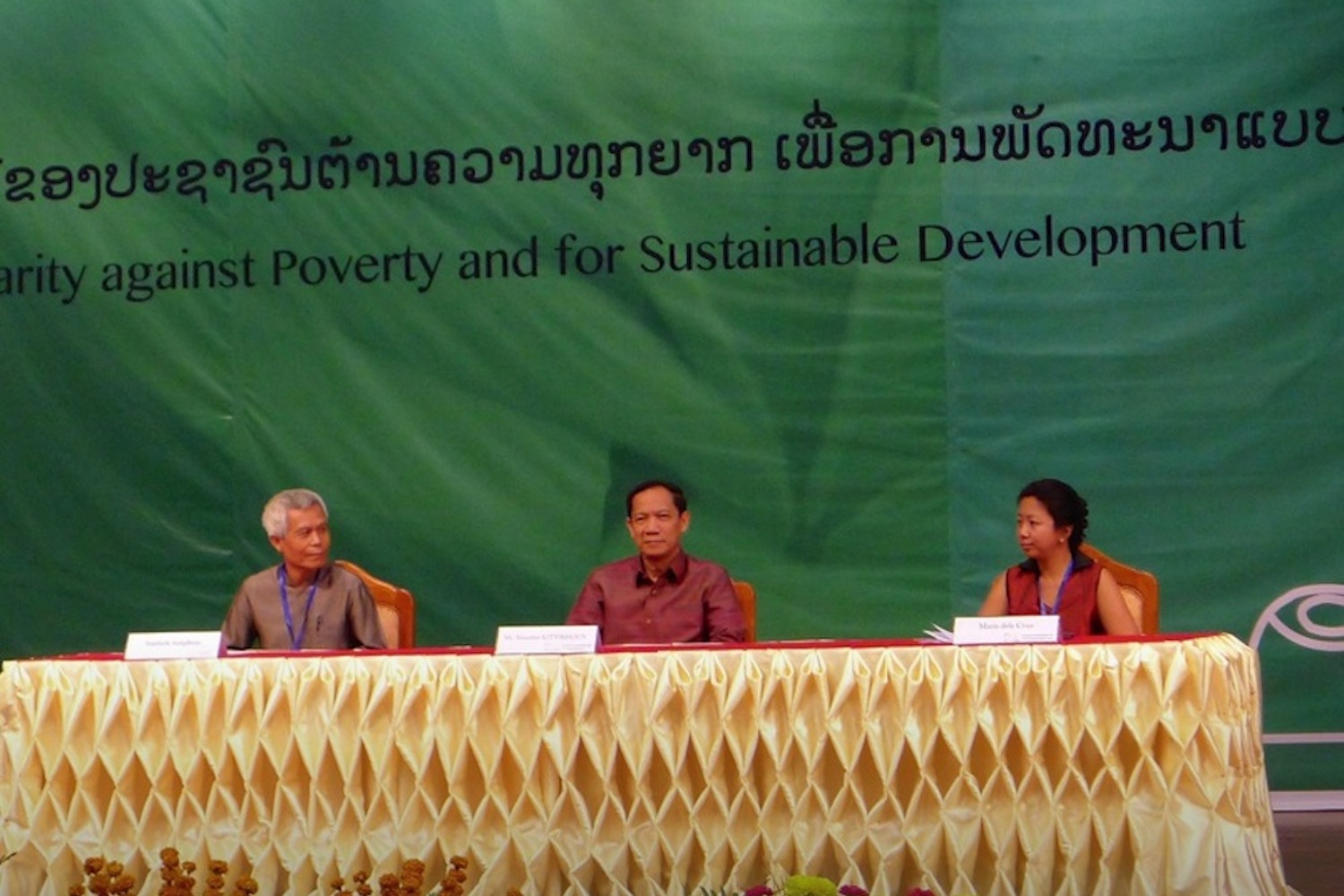Radio Australia: 28 August 2013

Laos telah mendapat tekanan baru terkait hilangnya aktivis yang sudah diakui dunia internasional yang juga seorang guru, Sombath Somphone, tahun lalu.
Pemerintah Laos kini menginvestigasi insiden itu tapi sebelumnya menyatakan tidak tahu menahu dimana aktivis sosial itu berada.
Diduga Sombath diculik dekat sebuah kantor polisi di jalan yang ramai di ibukota Vientiane pada tanggal 15 Desember 2012.
Organisasi HAM, Human Rights Watch, sebelumnya menuduh pemerintah ‘menutup-nutupi’, karena pihak berwenang tidak dapat menjelaskan secara kredibel tentang hilangnya Sombath.
Delegasi Eropa yang ketiga, dipimpin oleh Soren Sondergaard, seorang anggota Parlemen Eropa, baru saja menyelesaikan kunjungan ke Laos untuk bertemu dengan pejabat-pejabat tinggi pemerintah disana guna membahas masalah ini. Continue reading “Laos terus ditekan dalam kasus aktivis hilang”



 BANGKOK — Human rights advocates in Southeast Asia are warning about increasing dangers to environmental and community organizers, following several high-profile killings in recent years. They say Asia’s economic growth is increasing conflicts with local communities and endangering advocates who oppose big development projects.
BANGKOK — Human rights advocates in Southeast Asia are warning about increasing dangers to environmental and community organizers, following several high-profile killings in recent years. They say Asia’s economic growth is increasing conflicts with local communities and endangering advocates who oppose big development projects. 

